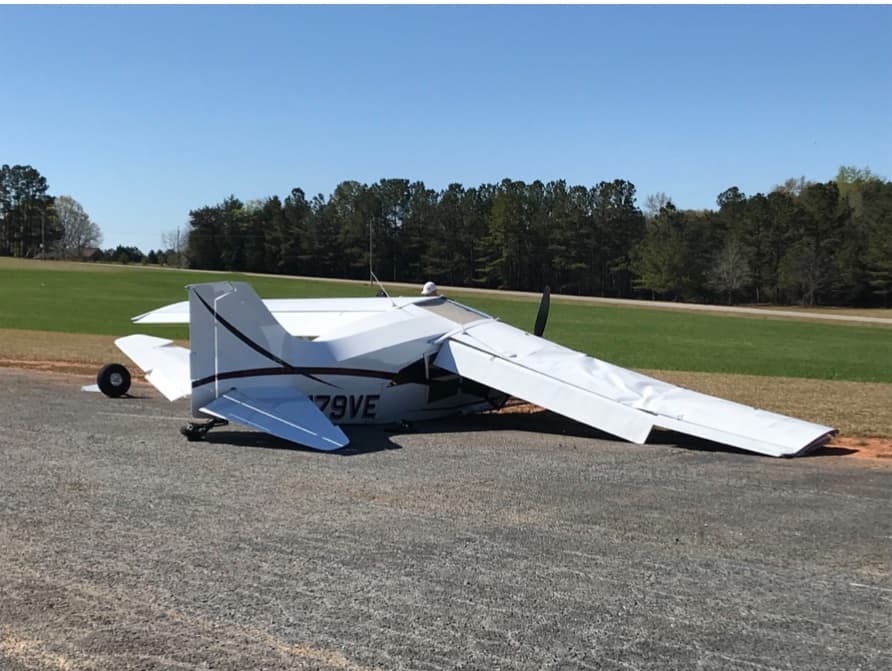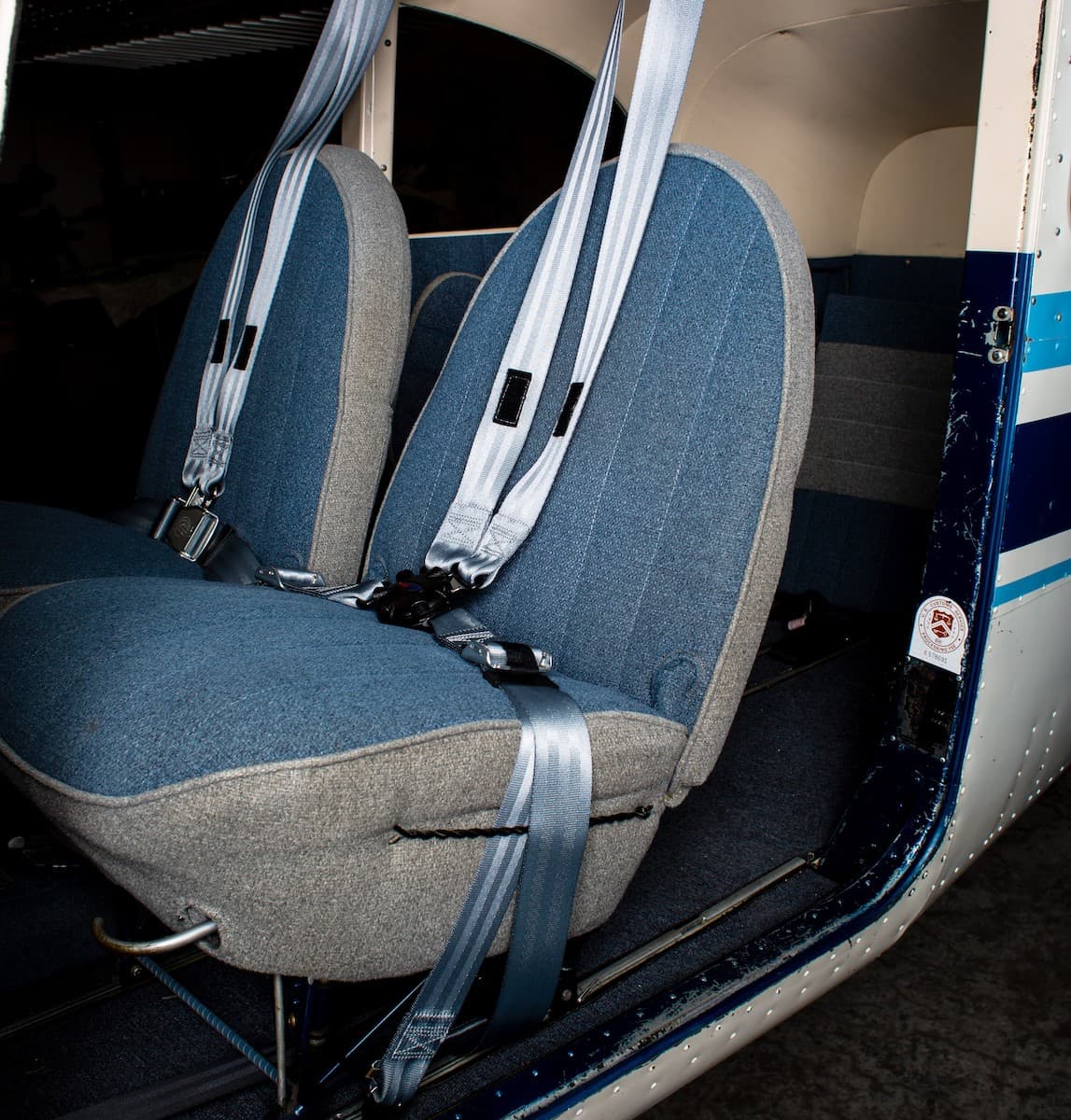When a pilot crashes his new plane on the same day he bought it, NTSB investigators discovered the smoking gun for the accident was a part that pilots can’t see during a preflight.
Questions from the Cockpit: When ATC goes dark
David, an airplane owner in Iowa, writes: Given the recent reported radio outage at Newark, I’m sure we could all use a refresher and perspective on lost comms. It’s one thing to have an on-board failure, but seems much different if ATC goes down, especially in busy airspace. It would be great to hear and learn about scenarios that appear more likely than we thought.
Questions from the Cockpit: O2 4 U
Sam, a private pilot in Montana, writes: How do I know how long a supplemental oxygen bottle will last in flight? Or, more correctly, how do I know it has enough for my flight before I takeoff?
Human Factors: Dumping fuel
The two shattered links of the accident chain were not adjacent, as they so often are. The first came during an otherwise diligent preflight. The second was a skipped memory item from the emergency checklist that, otherwise, would have saved the day.
Questions from the Cockpit: Got you covered — maybe
James, a private pilot and airplane owner in South Carolina, writes: What happens if someone wrecks your plane while they are considering buying it?
Human Factors: Certified, not qualified
As it becomes harder to find a CFI, pilots may find they are waiting quite a while for flight training. But a long wait is much better than watching a brand-new airplane broken to pieces right in front of your eyes before you’ve even made the first payment.
Questions from the Cockpit: Recycle, replace, or retrofit?
Tom, an airplane owner in Georgia, writes: How do you re-web an airplane seatbelt?
Human Factors: Déjà vu all over again
People just aren’t getting the memo: The quickest way to kill yourself in an airplane is to pressure yourself to fly beyond your capabilities — whether those capabilities are weather, equipment, certification, experience, or simply how much energy you have left over from the day before.
Questions from the Cockpit: Freezing follies
I knew that, with heat, humidity “makes it worse.” A dry 95℉ in the Western deserts feels altogether different than a humid 95℉ in the South. But I didn’t make the mental connection that the same phenomenon might exist at the other end of the thermometer.








